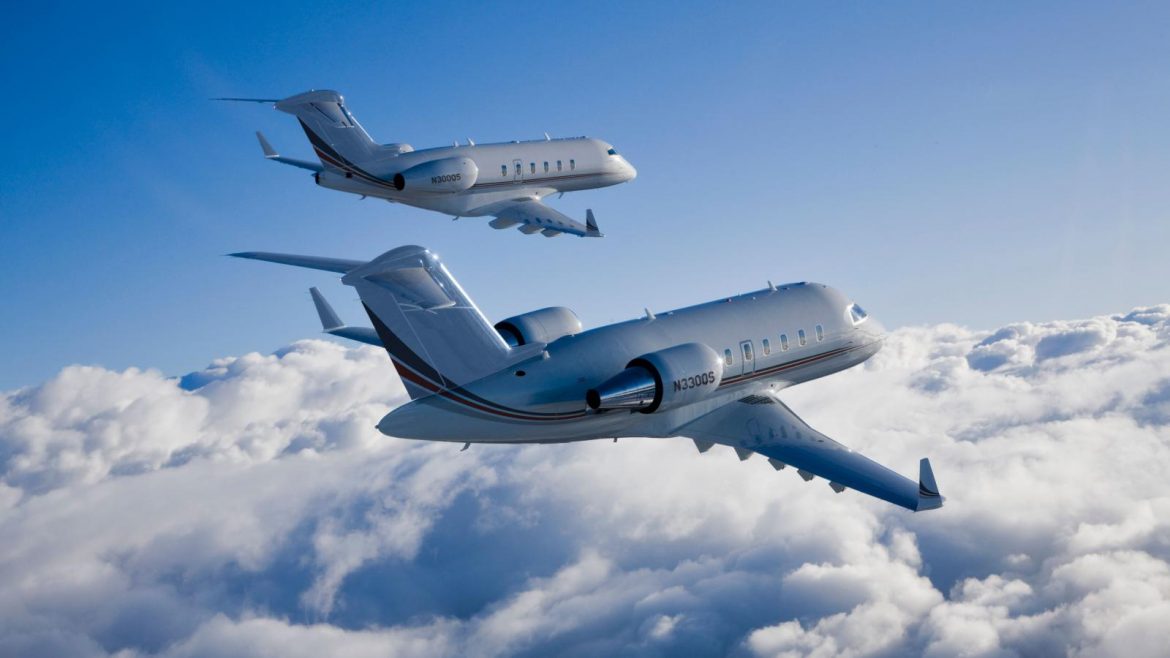Airplanes have become an integral part of modern society, revolutionizing the way we travel and connect with the world. Despite their complexity and the challenges they face, airplanes have consistently proven to be remarkably reliable. In this blog post, we will delve into the reasons behind the unwavering reliability of planes, exploring the key factors that contribute to their success.
- Stringent Safety Regulations and Standards:
One of the primary reasons for the exceptional reliability of airplanes lies in the stringent safety regulations and standards imposed by aviation authorities worldwide. These regulations cover every aspect of aircraft design, manufacturing, maintenance, and operation. From the initial design phase to routine inspections, airplanes undergo rigorous testing and adhere to strict guidelines, ensuring that they meet the highest safety standards. - Advanced Engineering and Technology:
The relentless pursuit of innovation in engineering and technology has significantly contributed to the reliability of airplanes. Aircraft manufacturers invest heavily in research and development to enhance the design, materials, and systems used in aircraft construction. Cutting-edge technologies, such as computer-aided design (CAD), computational fluid dynamics (CFD), and advanced materials like carbon fiber composites, have revolutionized aircraft manufacturing, resulting in stronger, lighter, and more reliable aircraft. - Robust Maintenance and Inspection Procedures:
Regular maintenance and thorough inspections are crucial for ensuring the continued reliability of airplanes. Airlines and maintenance crews strictly adhere to comprehensive maintenance schedules and follow detailed checklists to identify and rectify any potential issues. Furthermore, advancements in predictive maintenance techniques, such as condition monitoring and data analytics, enable proactive identification of maintenance needs, minimizing the risk of unexpected failures. - Highly Skilled and Trained Professionals:
The reliability of airplanes also stems from the expertise and professionalism of the individuals involved in the aviation industry. Pilots undergo extensive training, acquiring in-depth knowledge of aircraft systems, emergency procedures, and navigation techniques. Similarly, aircraft maintenance technicians receive specialized training to diagnose and repair complex mechanical and electrical systems. The collective knowledge and experience of these professionals contribute to the overall reliability of airplanes. - Redundancy and Fail-Safe Systems:
Airplanes are equipped with redundant systems and fail-safe mechanisms to mitigate the impact of potential failures. Critical components, such as engines, hydraulic systems, and flight control systems, often have redundant backups to ensure continued operation in the event of a failure. Additionally, advanced avionics systems constantly monitor the aircraft's performance, providing real-time data to the flight crew and alerting them to any anomalies, allowing for immediate corrective actions.
Conclusion:
The unwavering reliability of airplanes can be attributed to a combination of factors, including stringent safety regulations, advanced engineering and technology, robust maintenance procedures, highly skilled professionals, and fail-safe systems. These elements work in harmony to ensure that airplanes operate safely and reliably, instilling confidence in passengers and making air travel one of the safest modes of transportation. As technology continues to advance and safety standards evolve, we can expect airplanes to become even more reliable in the future, further enhancing our global connectivity and travel experiences.


